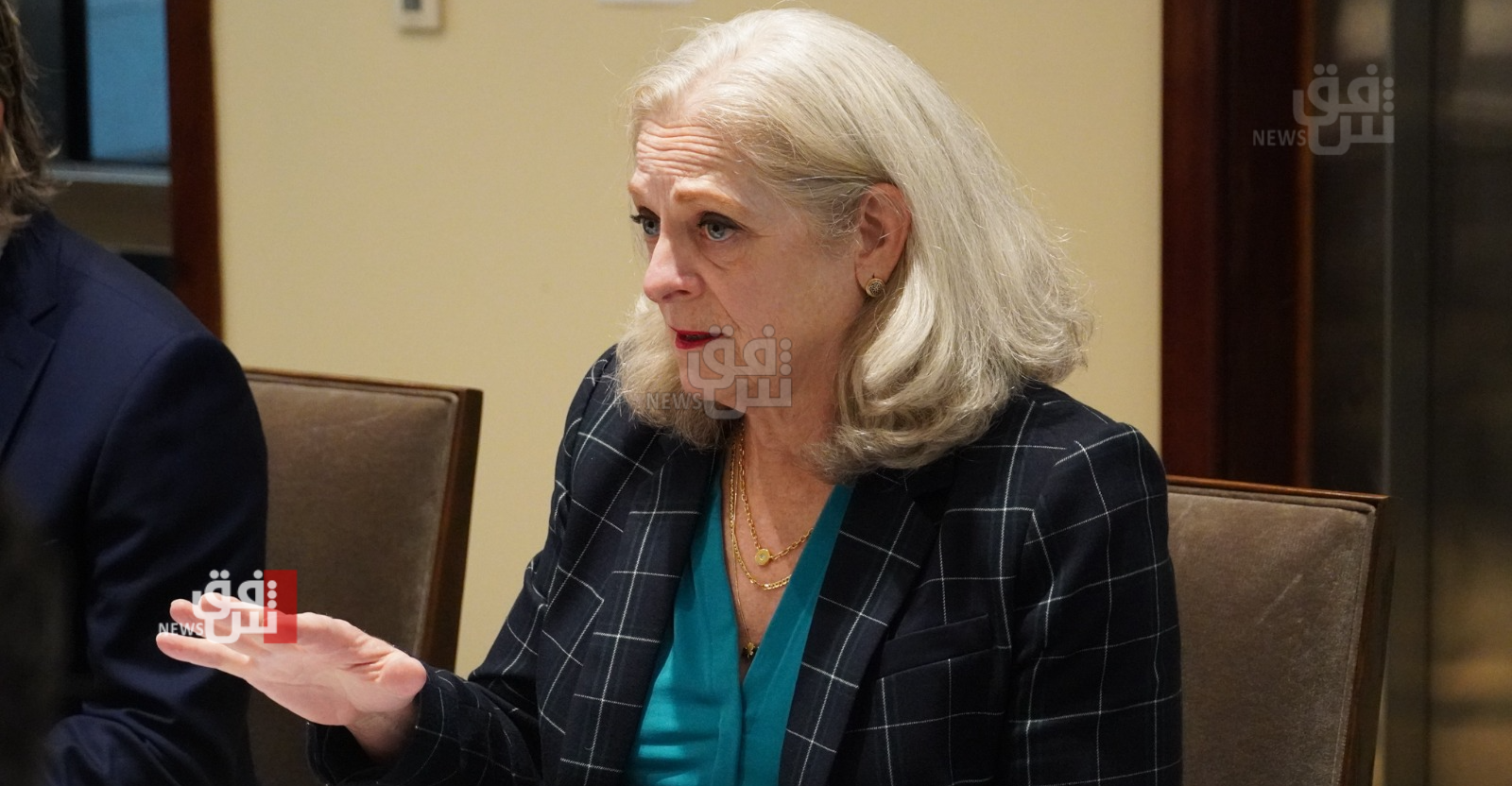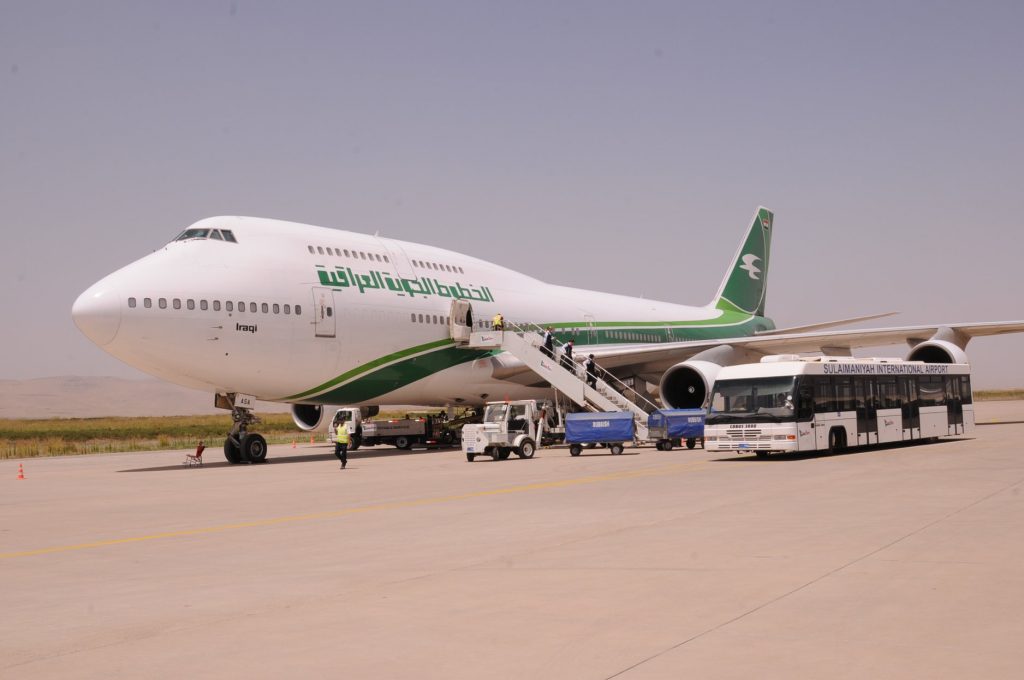Official: Kurdistan Region needs more dams to ensure ‘water security’

The Kurdistan Region has low volumes of reservoir water and the local government needs to fund dam building projects to ensure “water security,” an official asserted on Wednesday.
“From 2013 till now, we have designated 240 locations [in the Kurdistan Region] suitable for building dams,” Akram Salih, Head of Kurdistan Region’s General Directorate of Dams and Water Resources, told Kurdistan 24 on Tuesday.
“We have 18 dam projects in the works, with four currently being built.” However, Salih added, the construction of these four “has been put on hold,” as the Kurdistan Regional Government (KRG) cannot fund them.
In the aftermath of the economic crisis that began in the Kurdistan Region in 2014, the KRG has been struggling to maintain funding for construction and infrastructure projects.
Erbil’s financial shortcomings were compounded by the emergence of the Islamic State in northern Iraq in 2014, cuts to the Kurdistan Region’s share of the national budget by the previous federal government of Iraq, and the influx of almost two million displaced people and refugees to the region.
Countries around the world are tending to the warnings of experts on a possible worldwide water crisis due to the mismanagement of water and the lack of government intervention to address future complications, Salih explained.
Similarly, he added, the KRG needs to “find a way to prevent the negative effects” caused by the lack of “water security,” such as droughts experienced when neighboring countries reduce the water flow to the landlocked region. Otherwise, “Kurdistan will also face a crisis similar to those of various countries in the Middle East in recent years.”
“It is very important to employ a scientific method of managing water,” Faiysal Daham, an expert in water management and dams, told Kurdistan 24 on Tuesday, adding that “civilians and the government must not waste water and they should protect the environment.”
Analysts have long called on the government to implement policies, among others, that raise awareness and incentivize the public to ration their water usage. The KRG has taken initial steps in recent years, but change has been sluggish.
Experts have also suggested the KRG along with the central government in Baghdad must work together and reach a consensus with neighboring countries on an equitable way of sharing water from the Tigris and Euphrates basins.
Editing by Nadia Riva
(Additional reporting by Kurdistan 24 correspondent Diyari Shekha)



